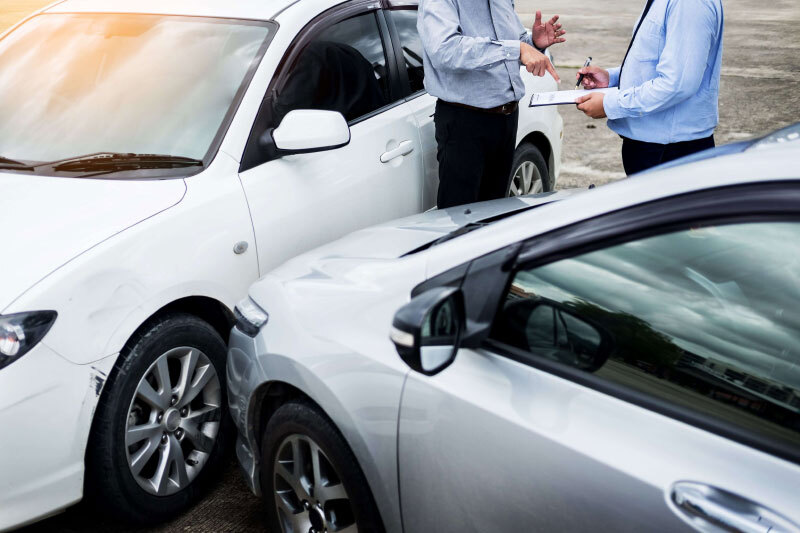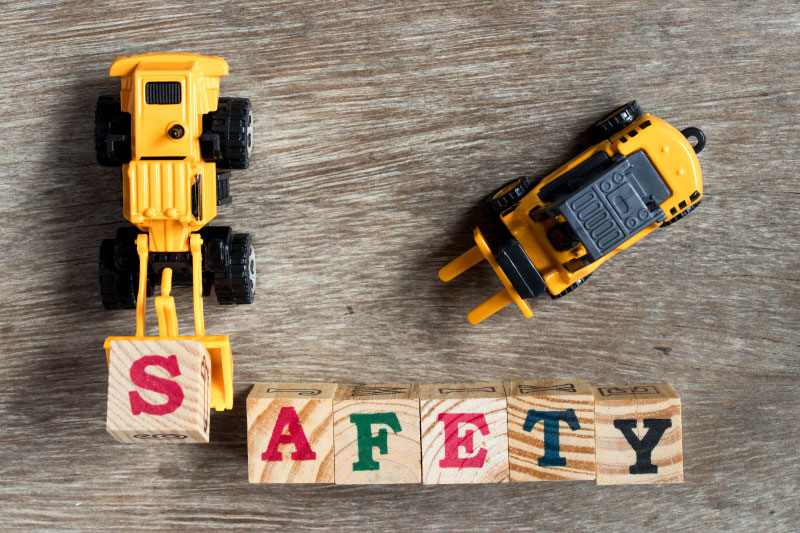- WE’RE HERE TO HELP 24/7
- 800.586.5555
Will There Be More Driving Under the Influence if Florida Legalizes Marijuana?

What Should You Do After a Car Accident?
December 21, 2020
Making Sure Your Children’s Toys Are Safe for the Holidays
December 28, 2020Will There Be More Driving Under the Influence if Florida Legalizes Marijuana?

Florida remains one of the states in the country that has not yet legalized recreational cannabis use.
Four more states fully legalized or decriminalized cannabis in the 2020 election cycle: Arizona, South Dakota, Montana and New Jersey.
There are now 15 states that have legalized marijuana for recreational and medical use. It’s worth noting that most of those states, except New Jersey, are not traditionally liberal states. South Dakota, Montana and Arizona have conservative voting bases and generally have Republican state legislators and state-wide elected officials.
The 2020 election result has been one of the biggest indications that marijuana legalization, or at least decriminalization, is likely to spread nationwide. Since the 2020 election the U.S. House of Representatives has even passed a marijuana legalization bill, although it likely won’t get passed in the Senate.
Legalization will take longer in some states than others, but chances are high that Florida will pass a decriminalization or legalization law in the future.
The next ballot initiative to amend Florida’s constitution to legalize marijuana possession and use will likely be on the ballot in 2022 thanks to the advocacy organization Make It Legal Florida.
Republican state legislators are not particularly interested in pushing marijuana legalization legislatively, and Governor Ron DeSantis is on the record as being against marijuana legalization, but they won’t have much of a choice if the people approve it through their vote.
What the Experts Say About Marijuana Legalization and DUI
The good news is there has been a lot of study on this exact issue. Intoxicated driving is one of the topics advocates against marijuana legalization frequently cite when making their case.
Driving while high isn’t new – people have been doing it illegally for decades. Will marijuana legalization make it worse?
There are mixed signals.
On one hand, 55 percent of cannabis users surveyed by the Colorado Department of Transportation believed driving high was safe. About half of the respondents who admitted to using marijuana in the previous 30 days admitted to driving while high during that time.
Those stats are a bad sign for legalization proponents who claim the average marijuana user will be responsible and not get behind the wheel when intoxicated.
On the other hand, citations for marijuana DUIs in Colorado dropped by about a third between the first three months of 2016 and the first three months of 2017 – from 232 citations to 155 citations.
To put this into perspective, consider Colorado’s annual “Spring Event Enforcement”, a 39-day DUI enforcement event held by local law enforcement. Police made 1,555 arrests during the event in 2016 and 1,958 arrests in 2017. That’s a pretty significant jump in DUI arrests, the vast majority of which are alcohol related. Colorado law enforcement made more than 10,000 DUI arrests in 2017.
The drunk driving arrest numbers indicate drinking and driving is a far more serious issue than driving while high, yet alcohol continues to be legal.
Some opponents of marijuana legalization will point to the relatively massive increase in drivers involved in fatal crashes testing positive for marijuana. Between 2013 and 2016 there was a 40 percent increase in drivers in fatal accidents testing positive for marijuana use (627 drivers in 2013 to 880 drivers in 2016).
The problem with that argument is the type of marijuana testing used to arrive at those figures. Marijuana testing generally detects use within the past month, which means even a casual user who hasn’t smoked in weeks and is not impaired could potentially test positive after a fatal accident.
If a driver has an illegal blood alcohol level it is indicative of the alcohol in their system at the time of the accident.
What Is a Better Measure of the Public Health Risk of Marijuana Legalization?
Comparing alcohol intoxication and marijuana intoxication while driving doesn’t always provide clear answers. The numbers will always make it look like alcohol is by far the more deadly substance.
Maybe a better indication of how marijuana legalization will affect the safety of drivers in Florida is the rate of marijuana use among the population after legalization. That number will have an impact on the number of drivers who use marijuana.
A 2019 study published in the medical journal JAMA Psychiatry sought to track the increase of cannabis use in the states where marijuana has been legalized. They found:
- Problematic use among adolescents and teens aged 12 to 17 was 2.18 percent in illegal states to 2.72 percent in legal states
- There was no difference in marijuana use rates found in young adults aged 18 to 25 in legal or illegal states
- Occasional use by adults 26 and older was 26 percent higher in states where marijuana was legal compared to states where it wasn’t
- Frequent use by adults 26 and older was 23 percent higher in legalized or decriminalized states
- Problematic use by adults 26 and older was 37 percent higher in legalized or decriminalized states
You could extrapolate the number of Floridians that may fall into the frequent or problematic use range after legalization by looking at recent marijuana use estimates (2016 – 2017 rates):
- Nationwide among aged 18 and older: 14.73 percent
- Colorado among aged 18 and older: 25.64 percent
- Florida among aged 18 and older: 13.71 percent
The National Survey on Drug Use and Health (NSDUH) estimated there were 2.3 million Florida marijuana users over the age of 21 in recent years.
If you assume about 25 percent more adults in Florida will use marijuana to some degree after legalization, about 17 percent of Floridians over the age of 18, or about 2.9 million people, would be using cannabis products.
What Does All That Mean?
Legalizing marijuana does lead to more people using marijuana, and likely more people driving while high, but not at massive, exponentially higher rates. Chances are the people who will drive high after legalization are already driving high despite marijuana’s illegality.
Most studies still indicate drunk driving is more dangerous than driving while high, and the rates of people driving drunk are much higher than people driving high on cannabis products.
Legalizing marijuana in Florida may lead to an increase in driving while high citations and accidents, but it likely won’t rival the serious problem we have with drunk driving.
